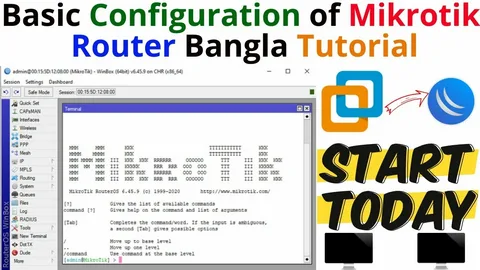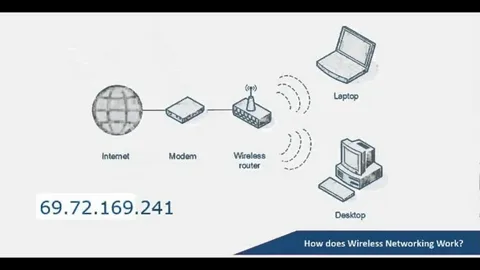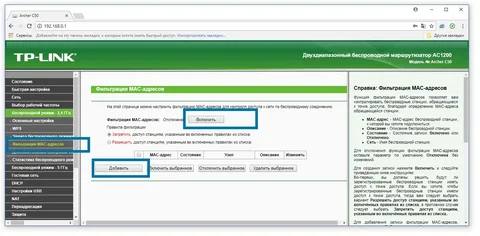Ever come across an IP address like 192.168.28.57:5421 and wondered what it actually means? You’re not alone. Whether you’re tech-savvy or just trying to figure out why your devices aren’t connecting, IP addresses and port numbers can feel like a foreign language. But trust me, it’s simpler than you think once you break it down.
In this article, we’ll get into what 192.168.28.57:5421 represents, how it works, and why it could matter to you, whether you’re setting up a home network, troubleshooting issues, or just trying to understand your router settings.
Let’s Start with the Basics: What Does 192.168.28.57:5421 Mean?

First, let’s break down what 192.168.28.57:5421 actually is.
1. 192.168.28.57 – The IP Address
This is an example of a private IP address. If you’ve ever gone into your router settings or tried to troubleshoot a connection problem, you’ve probably seen something similar. The 192.168.x.x range is specifically reserved for private networks, meaning it’s used internally within homes or businesses. You won’t be able to access it from outside the network, and that’s a good thing. It keeps your network safe from external threats.
The 192.168.28.57 part of this address is the device’s specific identifier on the network. Think of it as the house number on your street. It’s unique to each device within that local network, whether it’s a computer, phone, or even a smart fridge.
2. 5421 – The Port Number
This is where things get a little more technical, but hang in there. The 5421 refers to the port number. While the IP address is like a house number, the port is like the room number. It specifies where the data should go. Every device has multiple ports, and each port handles different types of network traffic. When you combine an IP address with a port number—like 192.168.28.57:5421—it creates a path for specific data to reach the right application on the right device.
Why Should You Care About 192.168.28.57:5421?
Here’s the thing: understanding IP addresses and port numbers might seem like overkill if you’re not a tech pro, but these little details matter more than you might think.
Let’s say you’re trying to set up remote access to your security cameras, or maybe you’re configuring a gaming server at home. To get things running smoothly, you’ll need to know how to assign specific ports and IP addresses. That’s where 192.168.28.57:5421 can come into play. Understanding how IP addresses work can save you a ton of frustration when setting up devices or troubleshooting network problems.
How Does 192.168.28.57:5421 Work in Networking?

To help make this clearer, let’s break down how 192.168.28.57:5421 works within a typical home network.
Imagine you’re streaming a movie on your smart TV, and your partner is working from home on a laptop. Both devices need to communicate with the router to access the internet. The router assigns each device its own 192.168.x.x IP address, so it knows which device is requesting which information. The port number, in this case 5421, ensures that data goes to the correct application or service on each device.
This system helps your devices multitask without confusing the network, so your TV can stream smoothly while your partner’s Zoom calls don’t drop out.
Common Issues Involving IPs Like 192.168.28.57:5421

Now that you know what 192.168.28.57:5421 means, let’s talk about some common issues you might run into.
1. Device Conflicts
If two devices accidentally get assigned the same IP address (like 192.168.28.57), they’ll both start fighting for that address, causing one or both to lose connection. This is called an IP conflict, and it’s more common than you think. It can happen when devices reconnect to the network after being offline for a while, or when the router assigns the same IP address to a new device.
2. Port Forwarding Problems
Let’s say you’re trying to run a server or host a game, and you need to set up port forwarding to allow outside traffic to access your internal network. If you don’t set up the correct port number (like 5421 in this case), your router won’t know where to send the data. This can lead to connectivity issues, where the service or game can’t be accessed by other users.
3. Router Configuration Confusion
If you’re trying to access your router’s admin panel, you might come across IP addresses like 192.168.28.57. Knowing how to read this information is key when you’re adjusting settings, assigning static IP addresses, or troubleshooting problems like slow internet.
How to Access and Manage IP Addresses Like 192.168.28.57:5421
If you’re now curious about checking the IP addresses and ports on your own network, here’s how you can do it:
-
Access Your Router Settings:
- Type 192.168.x.x into your browser’s address bar (usually 192.168.0.1 or 192.168.1.1).
- Log in with your admin credentials (often listed on the router).
-
Check Your Devices:
- Most routers have a section that lists all connected devices with their IP addresses. This is where you might spot something like 192.168.28.57.
-
Assign Static IPs:
- If you want to avoid IP conflicts, you can assign a static IP to certain devices. This means the device will always have the same IP address, like 192.168.28.57, every time it connects.
-
Set Up Port Forwarding:
- If you need to forward a port (like 5421) to a specific device, most routers have a port forwarding section. This is essential if you’re hosting a server, running a security system, or playing online games.
Why Private IPs Like 192.168.28.57 Are Important for Security
One of the biggest advantages of having private IP addresses, like 192.168.28.57, is that they’re not accessible from outside your local network. This helps protect your devices from outside attacks. However, this also means if you’re trying to access a device remotely, you’ll need to set up additional security layers, like VPNs or port forwarding.
Troubleshooting Issues with 192.168.28.57:5421
If you ever run into trouble with an IP like 192.168.28.57:5421, here’s a quick checklist to follow:
- Check for IP Conflicts: Make sure no two devices have the same IP address.
- Restart Your Router: Sometimes the simplest solution is just turning the router off and back on.
- Update Router Firmware: Outdated firmware can cause all sorts of network problems, so it’s always a good idea to check for updates.
- Test Port Forwarding: If you’re having trouble with services like gaming or remote access, double-check that you’ve set the correct port (like 5421) for the right device.
FAQs About 192.168.28.57:5421
Q1: What is the difference between a private and public IP address?
A private IP address, like 192.168.28.57, is only used within your home or business network. A public IP address is what the rest of the internet sees when your network connects to it.
Q2: Why can’t I access 192.168.28.57 from outside my network?
Because it’s a private IP address, 192.168.28.57 is only accessible within your local network. To access it remotely, you’d need to use a VPN or set up port forwarding.
Q3: How do I check what devices are connected to my IP address?
Log into your router’s admin panel and look for a section that lists all connected devices. This will show their respective IP addresses, like 192.168.28.57.
Q4: What happens if two devices have the same IP address?
If two devices on the same network share the same IP address, you’ll experience an IP conflict. This can cause connectivity issues, where one or both devices lose their network connection.
Q5: Can I change the port number from 5421 to something else?
Yes, you can change port numbers if needed, especially when setting up port forwarding. However, make sure the new port number doesn’t conflict with other services.
Final Thoughts on 192.168.28.57:5421
At the end of the day, understanding what 192.168.28.57:5421 means can save you from a lot of tech headaches. Whether you’re troubleshooting network issues, setting up a gaming server, or managing your home security system, knowing how to read and manage IP addresses and port numbers is key.
So, next time you see 192.168.28.57:5421, you’ll know exactly what it is—and more importantly, how to make it work for you.

